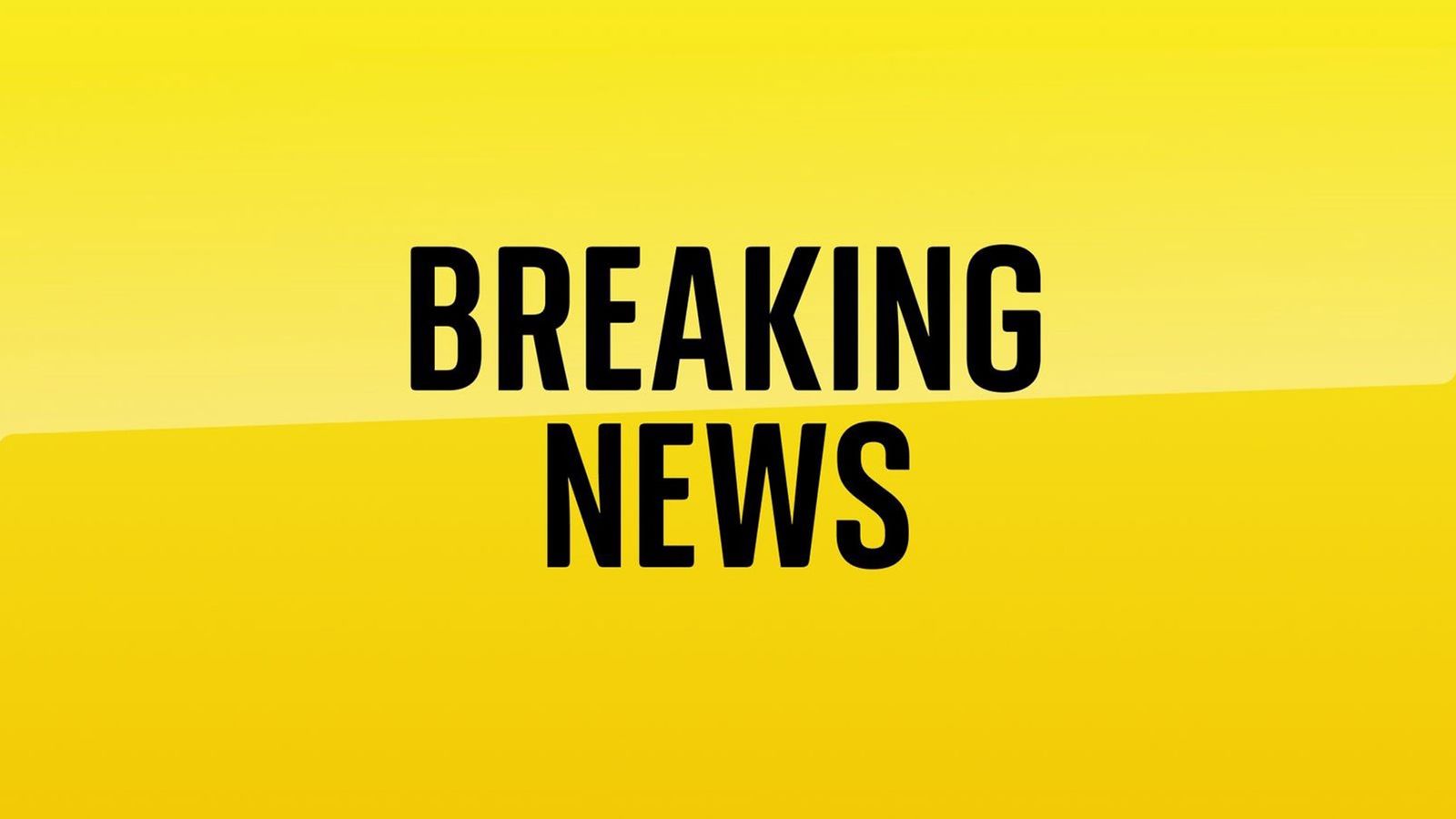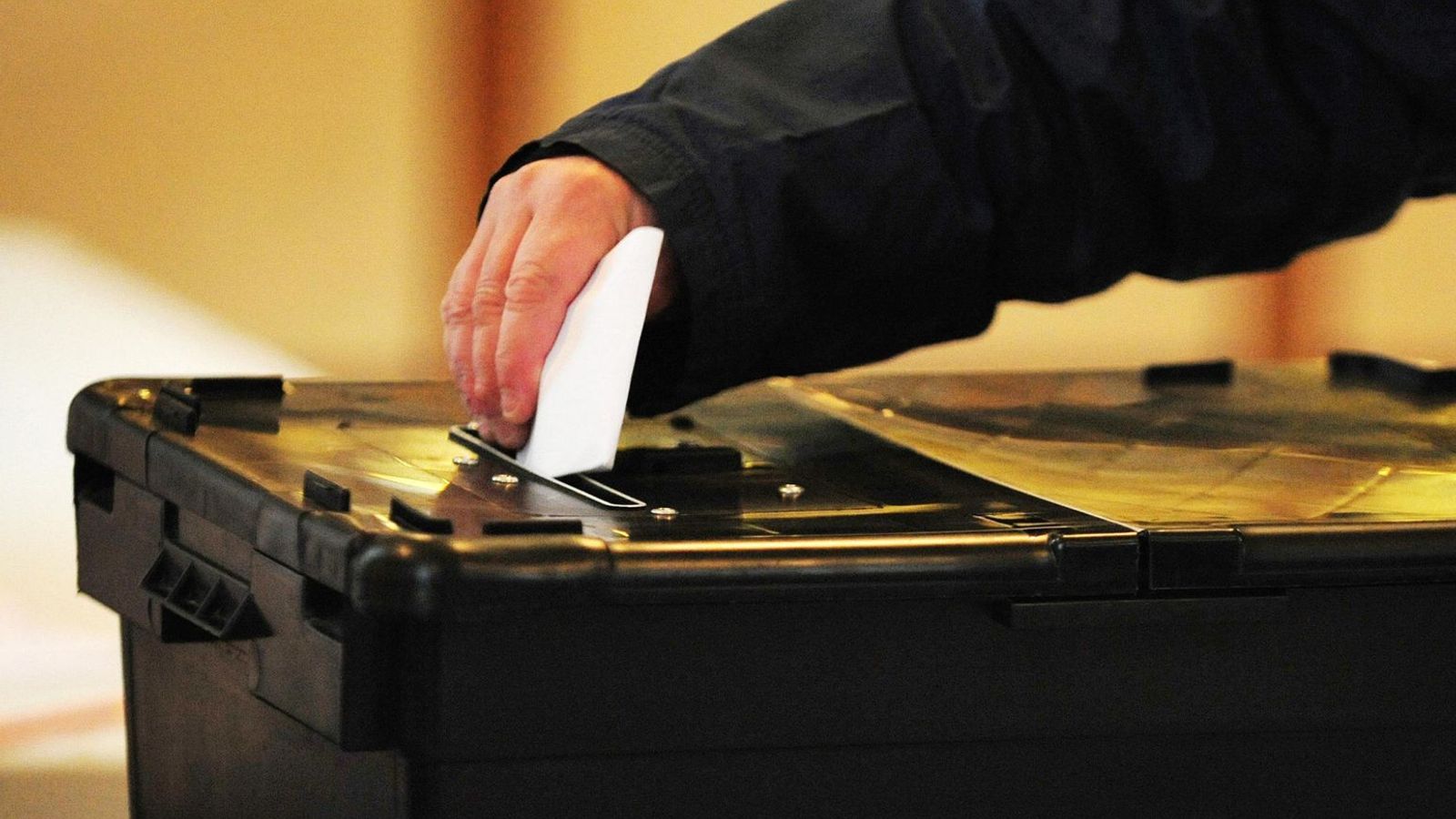Nurses will stage two more strikes next month as the row over pay continues.
The Royal College of Nursing (RCN) has announced nurses will walk out on 6 and 7 February.
In an escalation of industrial action, more NHS trusts will take part than during the two previous days of industrial action in December.
Nurses at 55 NHS trusts in England are scheduled to walk out on Wednesday and Thursday this week, but the February action will expand to cover 73 trusts.
Some 12 health boards and organisations in Wales will also take part in the two consecutive days of strikes.
If you are an NHS worker and would like to share your experiences with us anonymously, please email [email protected].
The RCN said it will not take action in Northern Ireland next month, while in Scotland strike action remains paused as negotiations continue.
What next for strikes? | Mark Harper, Peter Kyle and Professor Philip Banfield
Downing Street ‘considering one-off payment for nurses’ to end strikes after previously rejecting idea
Government plans to move patients stuck in hospital to care homes – but will not discuss this year’s NHS pay
Warning fuel prices could rise by 12p – politics latest
Downing Street called the announcement of further strike dates by nurses “deeply regrettable”.
The union had initially demanded a pay increase of up to 19% to cover soaring inflation and falls in real term wages over the past decade.
But earlier this month, RCN boss Pat Cullen said she would be willing to “meet the government halfway” and could accept a pay rise of around 10% to end its ongoing dispute with the government.
Please use Chrome browser for a more accessible video player
Members of the RCN voted to take industrial action back in November – the first national strike by the union in its 106-year history.
They said low pay was “pushing nursing staff out of the profession and putting patient care at risk”, and called for the double-figure wage rise, along with improvements to working conditions.
The two days of industrial action by nurses in trusts across England and Wales in December led to the cancellation of thousands of hospital appointments and operations.
It is expected that the health service will run a bank holiday-style service in many areas during the strike action.
For the strikes this week, the RCN has agreed to still staff chemotherapy, emergency cancer services, dialysis, critical care units, neonatal and paediatric intensive care.
Some areas of mental health and learning disability and autism services are also exempt, while when it comes to adult A&E and urgent care, nurses will work Christmas Day-style rotas.
Read more: Strikes this month – who is taking action and when NHS waiting lists are a ‘national scandal’ Nursing union threatens biggest walkout to date
The government has continually refused to re-open negotiations when it comes to pay, saying it was right to stick to the recommendation of the independent pay review body of around 4% when public finances are struggling.
Last Wednesday, Health Secretary Steve Barclay said he does not “think it is right” to “retrospectively” go back to April when it comes to reviewing the current pay award for NHS staff.
It came after reports he was considering backdating any 2023/24 pay rise, due to be finalised in the spring, to this month in order to boost the current year’s settlement offer.
The RCN’s decision to strike on 6 February is designed to coincide with the 10th anniversary of the Robert Francis inquiry into Mid Staffordshire NHS Foundation Trust, which highlighted the impact of nurse shortages on patient care and excess deaths between 2005 and 2009.
Click to subscribe to the Sophy Ridge on Sunday podcast
Confirming the latest strike dates, RCN chief executive Ms Cullen said: “It is with a heavy heart that nursing staff are striking this week and again in three weeks. Rather than negotiate, (prime minister) Rishi Sunak has chosen strike action again.
“We are doing this in a desperate bid to get him and ministers to rescue the NHS.
“The only credible solution is to address the tens of thousands of unfilled jobs – patient care is suffering like never before.
“My olive branch to government – asking them to meet me halfway and begin negotiations – is still there. They should grab it.”
Across the NHS, there are more than 130,000 staff vacancies.
Director of RCN Wales, Helen Whyley, said: “I hoped that the Welsh government would change their approach and come back to the table to negotiate with the RCN seriously on NHS pay and offer a substantive and restorative pay award.
“This has not happened to date.
“Their offer of a non-consolidated one-off payment, funded by monies ‘found down the back of the sofa’ shows the Welsh government’s disrespect for the crisis in the nursing workforce and a lack of a real commitment to want to address it.”
The PM’s official spokesperson told reporters: “We continue to urge unions to step back from strike action which would have huge impact on patient care.
“We know in the first round of strikes 11,000 appointments were cancelled so inevitably on a larger scale there would be a larger impact.
“It is hugely regrettable at time when health service is under significant pressure that this strike action is being taken. There have been constructive talks and we want them to continue instead of taking to picket lines.”








